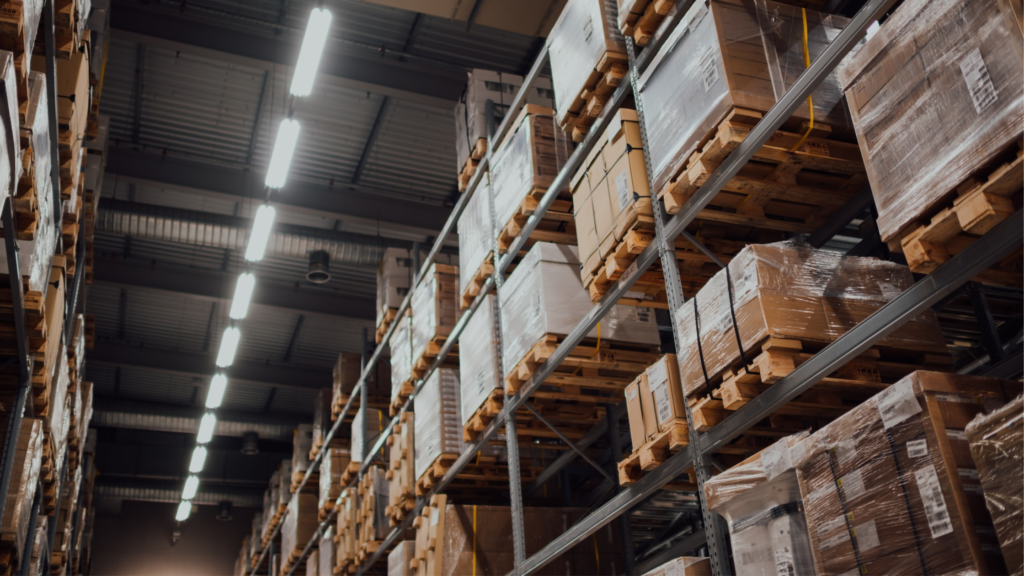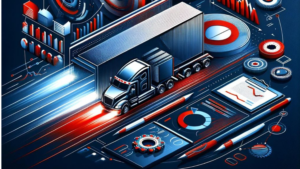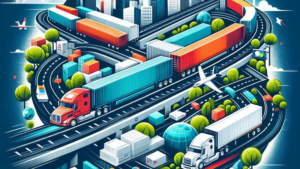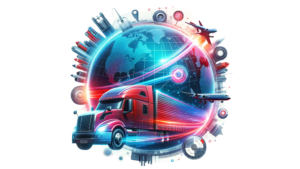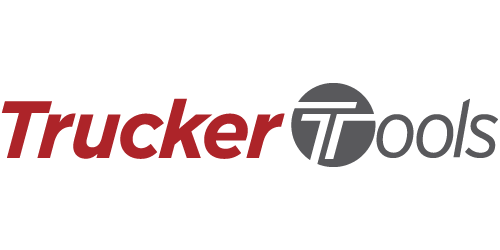What are the differences between 1PL, 2PL, 3PL, 4PL & 5PL? We’ll help you gain a better understanding.
Some businesses prefer to handle logistics in-house, while others outsource to third-party providers. There is a growing number of companies offering such services, and they each have their own way of organizing things.
In this article, we will discuss the differences between Let’s understand what the differences are between 1PL, 2PL, 3PL, 4PL & 5PL. But first, let’s review what logistics services are.
What is the definition of logistics services?
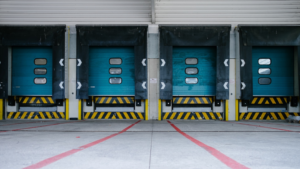
The process of fulfilling a customer order from the time it is received until it arrives at its destination.
Logistics services are all the elements of your supply chain, from the factory to the end customer.
Logistics services include transportation from manufacturer to warehouse, warehousing and order fulfillment, and delivery to the end customer.
Logistics services include:
- Transport from the factory to the fulfillment warehouse.
- Warehousing and order fulfillment.
- Outbound shipping and order delivery to customers.
This is an overly simplified look at what logistics services are. When you look closer, though, there are different options and complexities involved at each stage of the supply chain process.
Now, let’s better understand the differences between 1PL, 2PL, 3PL, 4PL & 5PL.
What is 1PL?
1st party logistics involves a company or individual transporting their own cargo, freight, and merchandise from one point to another. The 1st party is also the consigner of different goods and products and coordinates the transport of products to their respective destinations. There are only two parties that benefit from this type of transaction- the manufacturer or supplier, and the person buying it.
Example of a 1PL: A farmer delivers milk to a local grocery store.
What is 2PL?
The Second Party Logistic Model (2PL) is when the manufacturer outsources its operational responsibilities to a carrier or warehouse manager. The organization and follow-up of these actions are still the responsibility of the manufacturer, but this model allows for more short-term, cost-effective solutions. This type of solution is often only temporary, with no real connection between supplier and client.
Example of a 2PL: A carrier picks up milk from the farmer and delivers it to the grocery store.
What is 3PL?
With a 3PL model, an enterprise leaves the transport and logistics operations to be handled by a supplier. The supplier might hire other companies to help with implementation.
A 3PL Service is a powerful tool that enables businesses to outsource their operational logistics, from warehousing to delivery. This allows businesses to focus on other aspects of their company.
3PL Providers offer a lot of services that help with the logistics of the supply chain, including transportation, warehousing, picking and packing, inventory forecasting, order fulfillment, and freight forwarding.
Considering all of the above, there is no doubt that a 3PL (Third-Party Logistics) provider is important for the smooth functioning of a business.
The most significant perk a 3PL provider offers is complete management of operational logistics, meaning you can legitimately take a load off your hands. With this newfound freedom from Brand operation duties, you’re able to focus on additional areas of the business, like sales and marketing or product development.
Outsourcing your business’ operational logistics to a 3PL provider can save you time and resources that can be better used elsewhere in your company.
Example of a 3PL: A company packs, stores, and ships the milk from the farm to the grocery store.
What is 4PL?
The 4PL model entails a company outsourcing the logistics management and supply chain implementation to another organization.
The 4PL Model: Rather than just outsourcing individual aspects of the business, the company outsources the entire operation including management. fourth-party logistics providers often oversee the entire supply chain from start to finish. The coordination and administration activities are then typically outsourced to other parties.
Fourth-party logistics providers are usually transportation and warehouses (non-asset-based logistics). To carry out a fourth-party logistic role, the service supplier must be very involved in the client’s business activities. This is because they not only outsourced the execution but also monitors the logistic processes. The agreements made between both parties should not solely focus on cost-related reasons, but on long-term partnerships where the quality of service plays a primary role. Shared risks and benefits should also be included in these kinds of relationships.
A 4pl service provider is a company that manages all resources and providers of an organization’s supply chain.
A 4pl service provider that is experienced and trustworthy will bring value and a restructured approach to your organization. They will be responsible for managing the logistics process, no matter which carriers, forwarders or warehouses you use. acting as the central point of contact with the client, they are liable for logistics performance and have influence over every part of the supply chain – not just individual elements.
Example of a 4PL: A logistics company manages one or more 3PLs for the farmer and oversees most or all of the packaging of the milk and delivery to the grocery store.
What is 5PL?
The 5th logistics service supplier not only strengthens demand but also negotiates rates with other collateral service providers, such as trucking and airline companies.
- A 5PL operator is a company that specializes in creating efficient logistics solutions for other businesses. This may include planning, organizing, and carrying out various steps in the process.
- The 5th logistics service supplier can not only strengthen demand, but also negotiate rates with other types of providers, such as trucks, airlines, and so on.
- Outsourcing logistics management to a third party is often seen as a way to improve efficiency and save costs.
- The 5PL theory recently gained hype with the popularization of e-commerce.
- The 5PL organizations not only manage and integrate supply chains, but they also provide other helpful services, like call facilities or online payments.
Example of a 5PL: A logistics company manages the entire supply chain on behalf of the dairy farmer and from production to delivery.
We hope this article gives you a better understanding of the differences in types of logistics companies. If you have any questions, please feel free to contact us. Thank you for reading!
Kirsch Transportation
We have the experience and the attention to detail required to efficiently transport your material to its destination, no matter the size of your operation. Kirsch partners with carriers who offer friendly, round-the-clock service and unmatched efficiency. Learn more about our shipping and carrier solutions today.

